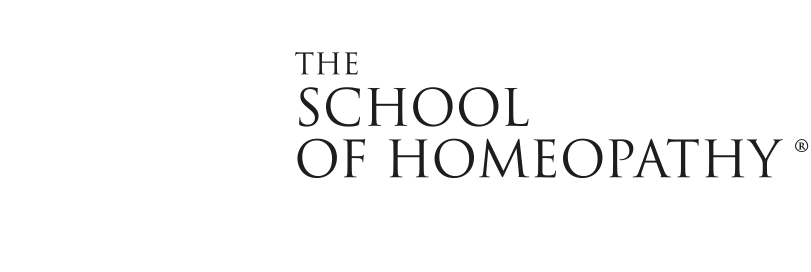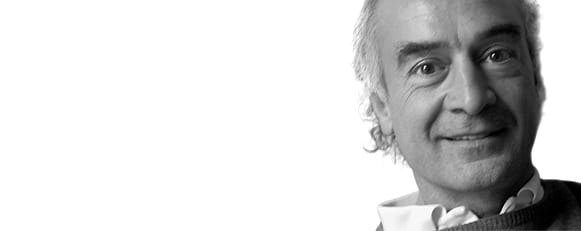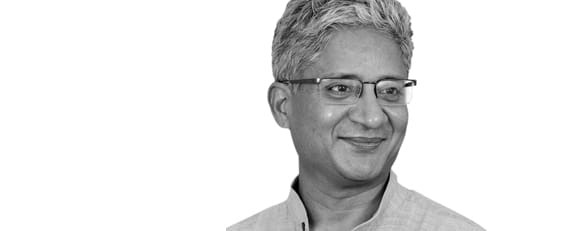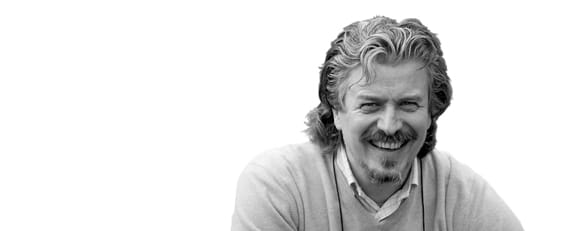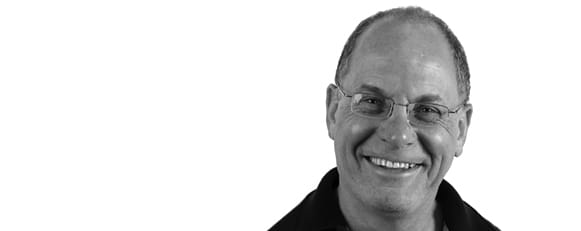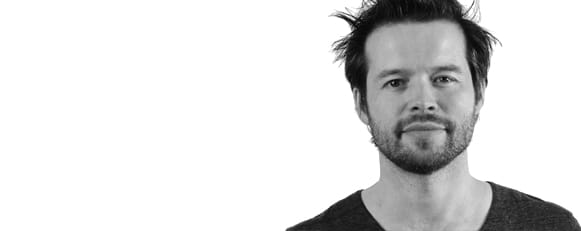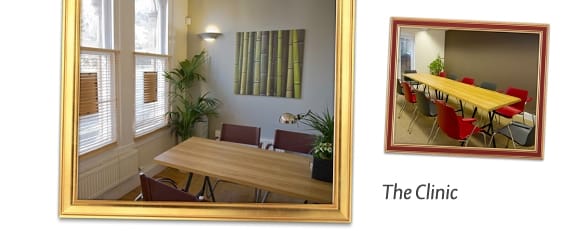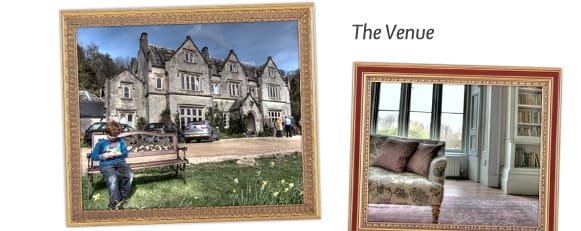
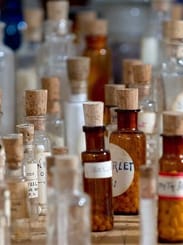
Aphorism 251-260
§251
There are some medicines (e.g., ignatia, also bryonia and rhus, and sometimes belladonna) whose power of altering man’s health consists chiefly in alternating actions – a kind of primary-action symptoms that are in part opposed to each other. Should the practitioner find, on prescribing one of these, selected on strict homoeopathic principles, that no improvement follows, he will in most cases soon effect his object by giving (in acute diseases, even within a few hours) a fresh and equally small dose of the same medicine.1
1 As I have more particularly described in the introduction to “Ignatia” (in the first volume of the Materia Medica Pura).
§ 252
But should we find, during the employment of the other medicines in chronic (psoric) diseases, that the best selected homoeopathic (antipsoric) medicine in the suitable (minutest) dose does not effect an improvement, this is a sure sign that the cause that keeps up the disease still persists, and that there is some circumstances in the mode of life of the patient or in the situation in which he is placed, that must be removed in order that a permanent cure may ensue.
§ 253
Among the signs that, in all diseases, especially in such as are of an acute nature, inform us of a slight commencement of amelioration or aggravation that is not perceptible to every one, the state of mind and the whole demeanor of the patient are the most certain and instructive. In the case of ever so slight an improvement we observe a greater degree of comfort, increased calmness and freedom of the mind, higher spirits – a kind of return of the natural state. In the case of ever so small a commencement of aggravation we have, on the contrary, the exact opposite of this: a constrained helpless, pitiable state of the disposition, of the mind, of the whole demeanor, and of all gestures, postures and actions, which may be easily perceived on close observation, but cannot be described in words.1
1 The signs of improvement in the disposition and mind, however, may be expected only soon after the medicine has been taken when the dose has been sufficiently minute (i.e., as small as possible), an unnecessary large dose of even the most suitable homoeopathic medicine acts too violently, and at first produces too great and too lasting a disturbance of the mind and disposition to allow us soon to perceive the improvement in them. I must here observe that this so essential rule is chiefly transgressed by presumptuous tryos in homoeopathy, and by physicians who are converted to homoeopathy from the ranks of the old school. From old prejudices these persons abhor the smallest doses of the lowest dilutions of medicine in such cases, and hence they fail to experience the great advantages and blessings of that mode of proceeding which a thousandfold experience has shown to be the most salutary; they cannot effect all that homoeopathy is capable of doing, and hence they have no claim to be considered its adherents.
§ 254
The other new or increased symptoms or, on the contrary, the diminution of the original ones without any addition of new ones, will soon dispel all doubts from the mind of the attentively observing and investigating practitioner with regard to the aggravation or amelioration; though there are among patients persons who are either incapable of giving an account of this amelioration or aggravation, or are unwilling to confess it.
§ 255 Fifth Edition
But even with such individuals we may convince ourselves on this point by going with them through all the symptoms enumerated in our notes of the disease one by one, and finding that they complain of no new unusual symptoms in addition to these, and that none of the old symptoms are worse. If this be the case, and if an improvement in the disposition and mind have already been observed, the medicine must have effected positive diminution of the disease, or, if sufficient time have not yet elapsed for this, it will soon effect it. Now, supposing the remedy is perfectly appropriate, if the improvement delay too long in making its appearance, this depends either on some error of conduct on the part of the patient, or on the homoeopathic aggravation produced by medicine lasting too long (§ 157), consequently on the dose not being small enough.
§ 255 Sixth Edition
But even with such individuals we may convince ourselves on this point by going with them through all the symptoms enumerated in our notes of the disease one by one, and finding that they complain of no new unusual symptoms in addition to these, and that none of the old symptoms are worse. If this be the case, and if an improvement in the disposition and mind have already been observed, the medicine must have effected positive diminution of the disease, or, if sufficient time have not yet elapsed for this, it will soon effect it. Now, supposing the remedy is perfectly appropriate, if the improvement delay too long in making its appearance, this depends either on some error of conduct on the part of the patient, or on other interfering circumstances.
§ 256 Fifth Edition
On the other hand, if the patient mention the occurrence of some fresh accidents and symptoms of importance – signs that the medicine chosen has not been strictly homoeopathic – even though he should good-naturedly assure us that he feels better, we must not believe this assurance, but regard his state as aggravated as it will soon be perfectly apparent it is.
§ 256 Sixth Edition
On the other hand, if the patient mention the occurrence of some fresh accidents and symptoms of importance – signs that the medicine chosen has not been strictly homoeopathic – even though he should good-naturedly assure us that he feels better, as is not infrequently the case in phthisical patients with lung abscess, we must not believe this assurance, but regard his state as aggravated as it will soon be perfectly apparent it is.
§ 257
The true physician will take care to avoid making favorite remedies of medicines, the employment of which he has, by chance, perhaps found often useful, and which he has had opportunities of using with good effect. If he do so, some remedies or rarer use, which would have been more homoeopathically suitable, consequently more serviceable, will often be neglected.
§ 258
The true practitioner, moreover, will not in his practice with mistrustful weakness neglect the employment of those remedies that he may now and then have employed with bad effects, owing to an erroneous selection (from his own fault, therefore), or avoid them for other (false) reasons, as that they were unhomoeopathic for the case of disease before him; he must bear in mind the truth, that of medicinal agents that one alone invariably deserves the preference in every case of disease which correspond most accurately by similarity to the totality of the characteristic symptoms, and that no paltry prejudices should interfere with this serious choice.
§ 259
Considering the minuteness of the doses necessary and proper in homoeopathic treatment, we can easily understand that during the treatment everything must be removed from the diet and regimen which can have any medicinal action, in order that the small dose may not be overwhelmed and extinguished or disturbed by any foreign medicinal irritant.1
1 The softest tones of a distant flute that in the still midnight hours would inspire a tender heart with exalted feelings and dissolve it in religious ecstasy, are inaudible and powerless amid discordant cries and the noise of day.
§ 260 Fifth Edition
Hence the careful investigation into such obstacles to cure is so much the more necessary in the case of patients affected by chronic diseases, as their diseases are usually aggravated by such noxious influences and other disease-causing errors in the diet and regimen, which often pass unnoticed.1
1 Coffee; fine Chinese and other herb teas; beer prepared with medicinal vegetable substances unsuitable for the patient’s state; so-called fine liquors made with medicinal spices; all kinds of punch; spiced chocolate; odorous waters and perfumes of many kinds; strong-scented flowers in the apartment; tooth powders and essences and perfumed sachets compounded of drugs; highly spiced dishes and sauces; spiced cakes and ices; crude medicinal vegetables for soups; dishes of herbs, roots and stalks of plants possessing medicinal qualities; old cheese, and meats that are in a state of decomposition, or that passes medicinal properties (as the flesh and fat of pork, ducks and geese, or veal that is too young and sour viands), ought just as certainly to be kept from patients as they should avoid all excesses in food, and in the use of sugar and salt, as also spirituous drinks, heated rooms, woollen clothing next the skin, a sedentary life in close apartments, or the frequent indulgence in mere passive exercise (such as riding, driving or swinging), prolonged suckling, taking a long siesta in a recumbent posture in bed, sitting up long at night, uncleanliness, unnatural debauchery, enervation by reading obscene books, subjects of anger, grief or vexation, a passion for play, over-exertion of the mind or body, especially after meals, dwelling in marshy districts, damp rooms, penurious living, etc. All these things must be as far as possible avoided or removed, in order that the cure may not be obstructed or rendered impossible. Some of my disciples seem needlessly to increase the difficulties of the patient’s dietary by forbidding the use of many more, tolerably indifferent things, which is not to be commended.
§ 260 Sixth Edition
Hence the careful investigation into such obstacles to cure is so much the more necessary in the case of patients affected by chronic diseases, as their diseases are usually aggravated by such noxious influences and other disease-causing errors in the diet and regimen, which often pass unnoticed.1
1 Coffee; fine Chinese and other herb teas; beer prepared with medicinal vegetable substances unsuitable for the patient’s state; so-called fine liquors made with medicinal spices; all kinds of punch; spiced chocolate; odorous waters and perfumes of many kinds; strong-scented flowers in the apartment; tooth powders and essences and perfumed sachets compounded of drugs; highly spiced dishes and sauces; spiced cakes and ices; crude medicinal vegetables for soups; dishes of herbs, roots and stalks of plants possessing medicinal qualities; asparagus with long green tips, hops, and all vegetables possessing medicinal properties, celery, onions; old cheese, and meats that are in a state of decomposition, or that passes medicinal properties (as the flesh and fat of pork, ducks and geese, or veal that is too young and sour viands), ought just as certainly to be kept from patients as they should avoid all excesses in food, and in the use of sugar and salt, as also spirituous drinks, undiluted with water, heated rooms, woollen clothing next the skin, a sedentary life in close apartments, or the frequent indulgence in mere passive exercise (such as riding, driving or swinging), prolonged suckling, taking a long siesta in a recumbent posture in bed, sitting up long at night, uncleanliness, unnatural debauchery, enervation by reading obscene books, reading while lying down, Onanism or imperfect or suppressed intercourse in order to prevent conception, subjects of anger, grief or vexation, a passion for play, over-exertion of the mind or body, especially after meals, dwelling in marshy districts, damp rooms, penurious living, etc. All these things must be as far as possible avoided or removed, in order that the cure may not be obstructed or rendered impossible. Some of my disciples seem needlessly to increase the difficulties of the patient’s dietary by forbidding the use of many more, tolerably indifferent things, which is not to be commended.
I have now, after eighteen months of work, finished the sixth edition of my Organon, the most nearly perfect of all.
Samuel Hahnemann
